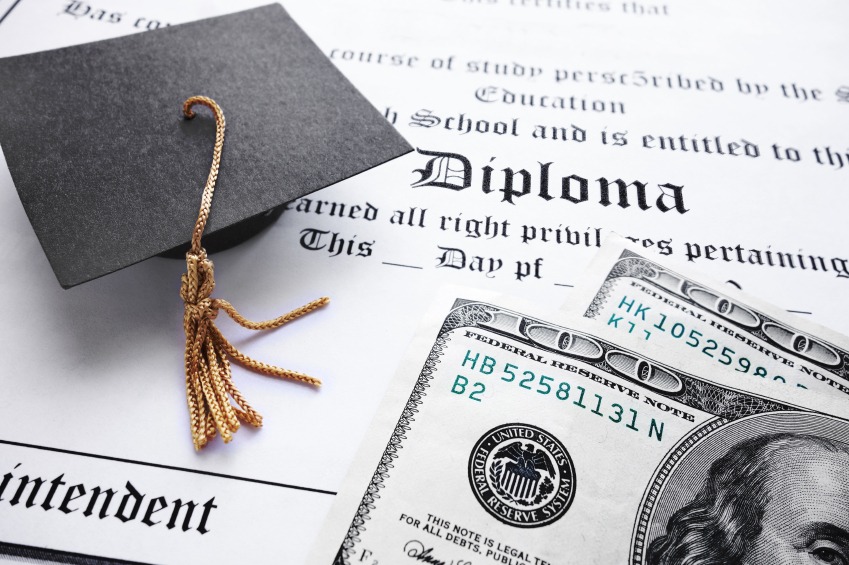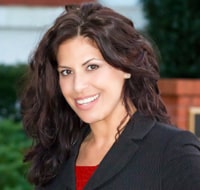
Undue Hardship Student Loan Discharges in Bankruptcy, A Series
I will be doing a seven-part series to answer questions on how to get an undue hardship discharge of your student loans in bankruptcy. I have been getting questions from both current and potential clients who have heard about the recent new guidance from the Department of Education / Department of Justice on student loan discharges wondering if the new guidance applies to their situations.
The series will include the following parts:
Part I: What recent changes have been made to assist borrows in qualifying for student loan discharge?;
Part: II: Element #1, Explanation of Present Ability to Pay your Student Loans;
Part III: Element #2, Future Ability to Pay your Student Loans;
Part IV: Element #3, Good Faith Efforts to Repay your Student Loans;
Part V: How does the Debtor’s Assets play a role in dischargeability of their student loans?;
Part VI: When is a partial discharge possible, if the debtor is ineligible for a full discharge of their student loans?;
Part VII: What is the process/procedure to get my student loans discharged?
The new student loan guidance is effective for any bankruptcy cases that are open as of November 17, 2022. Older cases cannot be reopened. You would need to file another bankruptcy case whenever you become eligible. Only loans issued from the Department of Education qualify for the discharge. According to the “Brunner Standard” which is what we have been following: (1) The debtor cannot presently maintain a minimal standard of living if required to pay the student loan; (2) Circumstances exist that indicate the debtor’s financial situation is likely to persist in the future for a significant portion of the loan repayment period; and (3) The debtor has made good faith efforts in the past to repay the student loan.
The current standard is whether the payment of the loan would cause an undue hardship on the debtor. Whether the debtor has a present and future ability to maintain a minimal standard of living while making student loan payments and has made a good faith attempt to repay their student loans. So, the standard is essentially the same. However, there are now clearer guidelines on exactly what those standards mean and the circumstances that would qualify someone. The guidelines are intended to ensure more consistent treatment for student loan discharges and to facilitate an easier fact gathering process for the United States Attorney’s office and the Department of Justice.








